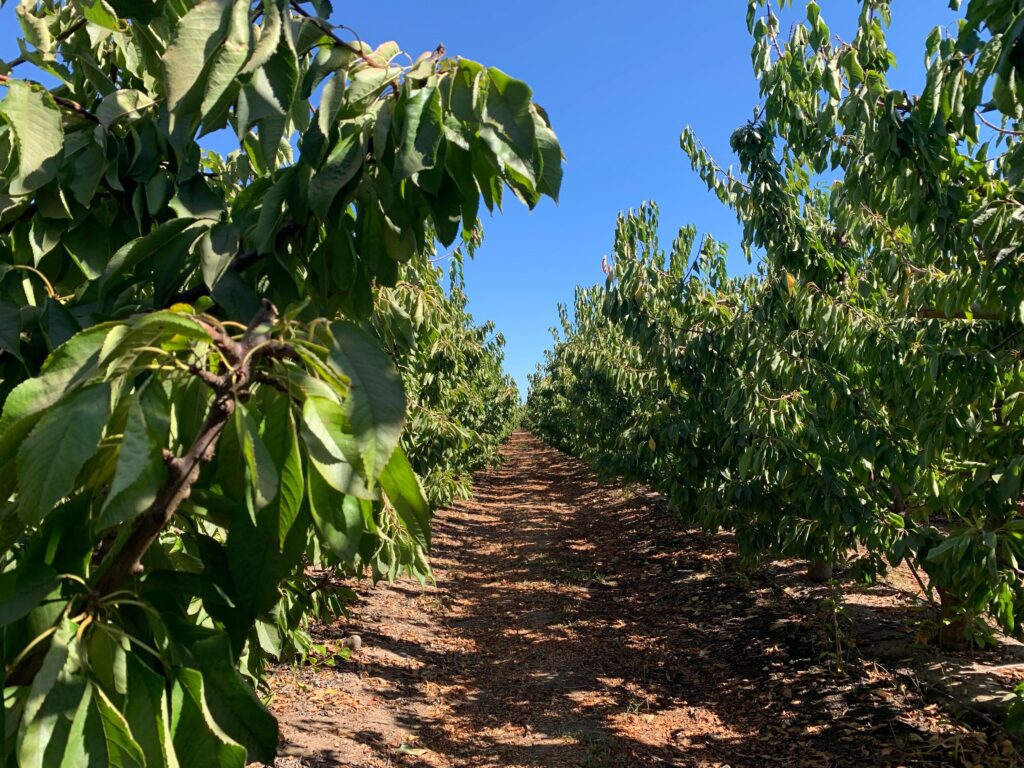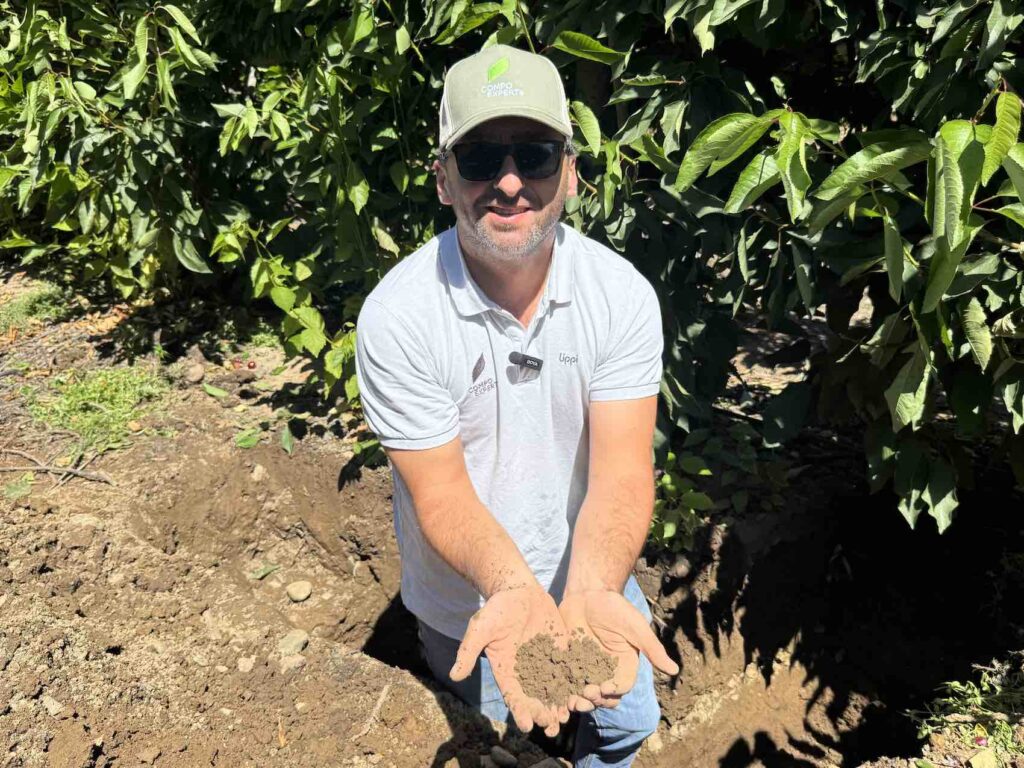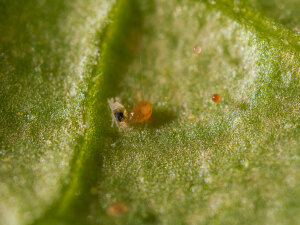Climate change is an ever-evolving phenomenon that is leaving its mark on our planet, and its effects are increasingly evident in various regions of the world. California, Italy and Australia are examples of places where significant impacts have been experienced, from prolonged droughts to flash floods.
At a time when this phenomenon has become an urgent global concern, Vicente Ossa, Marketing Manager of WiseConn, has demonstrated leadership by proposing innovative technology-based solutions to mitigate and adapt to the impacts of climate change, through an article in the América Economía media.
To address these problems, the proper use of irrigation management technologies and fertigation systems have become of paramount importance for sustainable agriculture.
Water scarcity is a problem in many agricultural regions due to high temperatures, altered precipitation patterns and increased evaporation rates requiring smarter water management practices.
Irrigation technologies allow farmers to monitor water needs in real time, ensuring precise irrigation without waste and maximizing efficiency.
Climate change has also altered traditional weather patterns, generating greater volatility and extreme events such as droughts and heavy rains.
This requires adaptive measures and advanced technologies such as telemetry and efficient water and fertilizer management systems. These allow farmers to assess crop water needs based on weather conditions, making informed decisions to adjust irrigation scheduling and water application.
Efficient use of fertilizers is crucial for sustainable agriculture and environmental protection.
Climate change affects nutrient availability and soil health, making accurate fertilization practices essential.
Fertigation, the application of fertilizers through irrigation systems, allows for targeted and controlled delivery of nutrients directly to the root zone.
By using fertigation systems, farmers can inject fertilizer in a synchronized and precise manner, optimizing resource use and ensuring that crops receive the nutrients they need in the root zone while minimizing waste and reducing environmental pollution.
In Chile, we are facing similar challenges.
Climate change and new regulations are forcing us to re-evaluate our current practices. Regulations that will be aligned with sustainable environmental development are currently being discussed.
In this context, efficient resource management and the use of technology will play a crucial role in enabling Chilean agricultural companies to adapt to new climate conditions and meet the sustainability standards set by the government.








